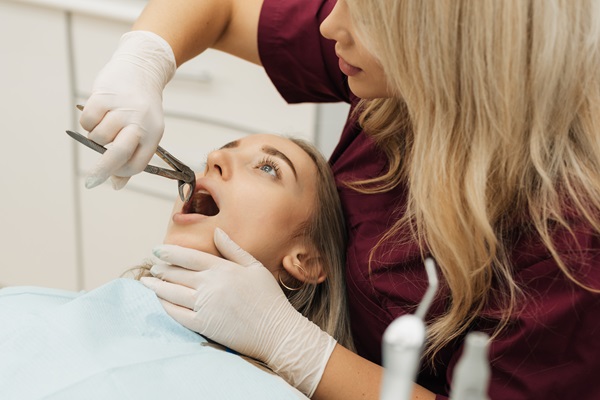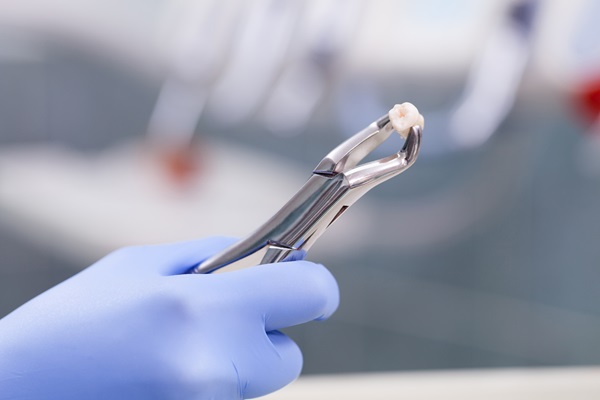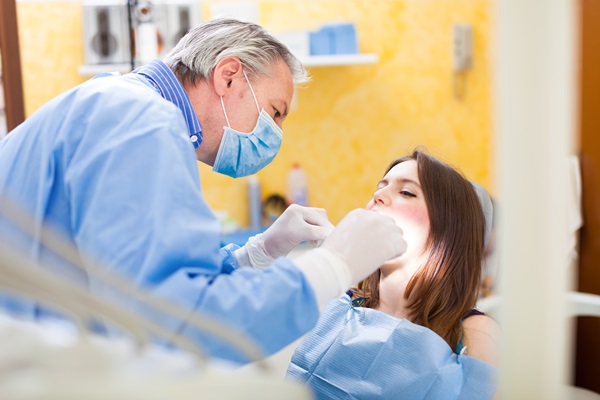Sinus LiftBrighton, CO
Sinus lift surgery allows many patients to get the dental implants they need. Dental implants can only be as successful as the attaching jawbone allows. Sinus lift surgery raises the sinus floor and encourages bone formation, facilitating the success of upper jaw implants.
Sinus lift surgery is available at Platte Valley Oral Surgery in Brighton and the surrounding area. If you lack sufficient bone for dental implants, this procedure may be the treatment you need. Call us at 303-997-0223 to schedule an appointment today.
Understanding Sinus Lift Surgery
Maxillary sinuses are empty spaces that sit behind the cheeks and on top of the upper teeth. Some upper teeth have roots that extend into the maxillary sinuses. Extracting these teeth often leaves the sinuses with just a thin wall of bone separating them from the mouth. The resulting thinness may make it impossible to place dental implants in this bone.
Sinus lift surgery, also known as sinus augmentation surgery, can "lift" the sinus floor and stimulate new bone production. This is one of the most common bone grafting dental procedures, specifically with patients who have experienced bone loss in the upper jaw. Sinus lift surgery improves both the quality and quantity of jawbone.
Thus, there will be enough jawbone for the dental implants to attach themselves to, increasing the implants' potential rate of success.
What to Expect During Sinus Lift Surgery
Every sinus lift surgery is different. Some patients require more intensive procedures than others. In most cases, the surgeon exposes the jaw bone by making a small incision on the premolar or molar region. There is then a small opening cut into the bone, and the surgeon pushes the membrane lining of the sinus upward.
Afterward, bone grafting material fills the underlying space. The healing process begins when the surgeon implants the bone and sutures the incision. Eventually, the bone will become a part of the patient's jaw, and the patient will be ready for dental implants. Some patients can get their sinus lift and implant placement surgeries done in a single procedure.
However, this requires them to have enough bone between the upper jaw ridge and the bottom of the sinus for the implant to stabilize. If the patient does not have sufficient bone, then they must first undergo a sinus lift and wait for the graft to mature before moving onto dental implant placement.
Aftercare for Sinus Lift Surgery
Patients should expect some discomfort for the first few days following surgery and plan to take at least one week off to recover. As each recovery varies, some patients may feel well enough to return to their daily activities before this time. In any case, bleeding, fatigue, nasal congestion and discharge, and general pain are not uncommon during the recovery period.
These will eventually subside, and the surgeon should address any persisting issues during the patient's postoperative visits. There are many measures patients can take to facilitate the recovery period and ensure the success of their surgery. For instance, patients should avoid heavy lifting, nose-blowing, and general straining for at least 10 days following the procedure, as they may trigger bleeding.
Patients should also avoid aspirin and non-steroidal anti-inflammatory (NSAIDs) for at least two weeks before and after surgery for the same reason. Additionally, patients should restrict any usage of steroid nasal sprays for at least two weeks following sinus surgery, as they may impede healing of the lining of the nose and sinuses.
Nasal saline spray may ease discomfort after surgery. Patients can use these every two to three hours and purchase them over-the-counter at the pharmacy. The surgeon will also likely provide the patient with information on how to conduct sinus irrigations as part of their aftercare routine. Patients should be able to perform their regular exercise routine at 50% capacity by one week following surgery and 100% capacity by two weeks.
Learn More Today
Bone loss can lead to a variety of issues, especially if it impedes you from getting necessary dental implants. We at Platte Valley Oral Surgery may be able to help. Call us at 303-997-0223 to schedule an appointment today.
Frequently Asked Questions
Is sinus lift surgery right for me?
Not everyone is a good candidate for sinus lift surgery. However, it may be right for you if you:
- Are missing multiple teeth in the back of your jaw.
- Are missing teeth due to congenital disabilities.
- Are missing most of your maxillary teeth.
- Are missing a significant amount of bone in the back of your jaw.
Dr. Stearns can recommend the best course of action for your specific condition after a thorough dental examination.
What kind of grafting material is used in a sinus lift surgery?
There are many different types of bone grafts. The surgeon may use bone taken from your own body, from a donor, from an animal, or substitute bone with synthetic materials. The type used varies on a case-by-case basis.
How long does it take to recover from a sinus lift surgery?
Recovery time after a sinus lift is variable depending on each patient's needs. Typically, however, the bone will develop for about four to 12 months before the surgeon places any implants. You may still need some additional healing time after getting your implants.
Is sinus lift surgery painful?
Typically, patients undergo local anesthesia for sinus lift surgery, which will make the experience painless. However, our qualified team offers a variety of anesthetic and sedative options (including oral and intravenous sedative medication) for our more nervous patients. In any case, we will do our best to ensure that you have the most painless, comfortable experience possible.
How will I feel after my sinus lift surgery?
You will probably feel fatigued and uncomfortable immediately after your surgery. It is typical to experience swelling and bleeding from your mouth or nose. These symptoms, along with a sense of general discomfort, may continue for a few days after the surgery. However, this should not be majorly disruptive. Call our office immediately if you experience any of the following symptoms:
- Constant clear watery discharge after the first week of surgery.
- Eye swelling or sudden visual changes.
- Fever higher than 101°F on the day after surgery.
- Neck stiffness or severe headache.
- Persistent nose bleeding.
- Severe diarrhea.





